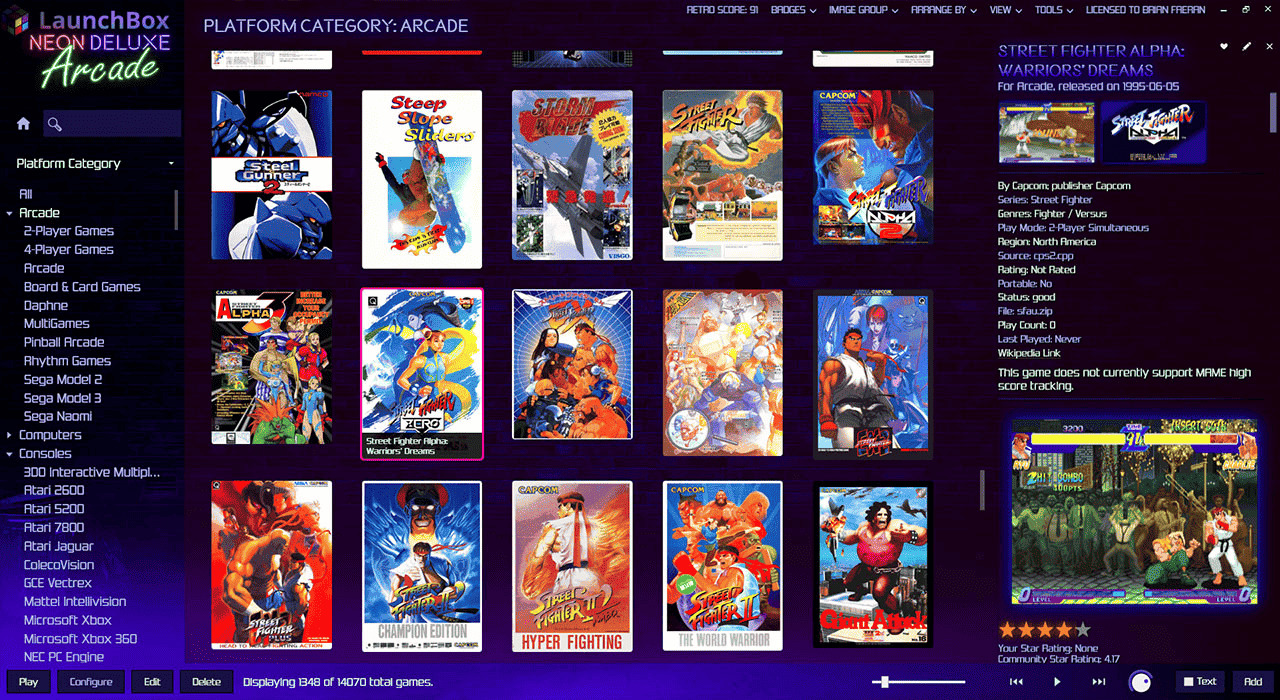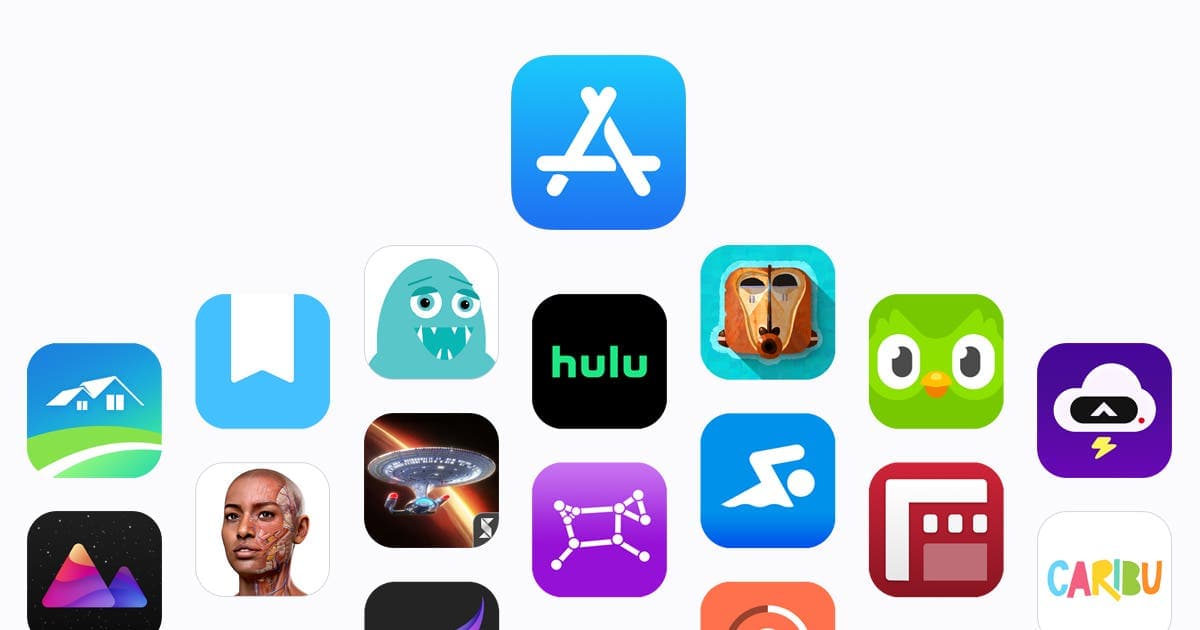Apple’s recent decision to allow game emulators on the App Store marks a significant shift in its long-standing policy. This move comes after facing pressure from the European Union and a hefty $2 billion fine, prompting Apple to revise its App Store guidelines. The updated rules now permit the inclusion of retro game console emulator apps, mini-games, and streaming games, opening up new possibilities for developers and users alike.

Embracing Emulators: A New Era for iPhone Users
The inclusion of game emulators on the App Store is a game-changer for iPhone users worldwide. Previously, the strict guidelines prohibited the use of emulators, forcing users to resort to jailbreaking or unofficial apps to access these features. With this policy update, iPhone users can now enjoy a wide range of retro games and console emulators directly from the App Store, eliminating the need for risky workarounds.
Navigating Legal Gray Areas: ROMs and User Responsibility
While emulators themselves are legal, the legality of the ROMs used with these emulators remains a complex issue. Users must ensure that they only use ROMs they own or have the right to use, avoiding unauthorized or pirated content. Apple’s guidelines emphasize the responsibility of developers and users to comply with legal requirements, safeguarding intellectual property rights and upholding user safety.
App Store Guidelines: Ensuring Compliance and User Safety
Apple’s new clause in the App Store application review outlines specific requirements for mini-apps, mini-games, and game emulators. Developers must adhere to stringent privacy guidelines. They must also implement mechanisms for content filtering and user protection, and utilize in-app purchases for digital goods and services. These guidelines aim to maintain a safe and user-friendly environment within the App Store. It also aims to ensure that user privacy and data security are guaranteed.

Apple recently added a new 4.7 clause to the App Store application review. Below is the content of the clause
4.7 Mini Apps, Mini Games, Streaming Games, Chatbots and Plugins
Certain software may be provided without embedded binaries in Apps, especially mini-Apps, mini-games, streaming games, chatbots, and plug-ins. You are responsible for all such software provided in your App, including ensuring that such software complies with the principles of these Guidelines and all applicable laws. Software that violates one or more of the guidelines will result in your app being rejected. You must also ensure that the software complies with the additional rules in 4.7.1 and 4.7.5. These additional rules are important to maintain the experience App Store users have come to expect and help ensure user safety.
4.7.1 Software provided in the App under these Rules must:
Comply with all privacy provisions, including but not limited to the provisions of “Principle 5.1” regarding the collection, use and sharing of data and sensitive data (such as health data and children’s personal data);
Add ways to screen for objectionable content, mechanisms to report content and promptly respond to concerns, and the ability to block abusive users;
Use in-app purchases to provide digital goods or services to end users.
4.7.2 Your App may not extend or expose the software’s native platform API without Apple’s prior permission.
4.7.3 In each instance, your App shall not share the data or privacy permissions of any individual software provided in your App without the explicit consent of the user.
4.7.4 You must provide an index of the software and metadata available in your App, which must contain universal links to all software available in your App.
4.7.5 Your App must use an age rating based on the highest age rating for the content available in the App.
Currently, in the game industry, the emulator itself is legal. The key to the problem lies in the ROM used by the user. If the user uses a purchased ROM, it is also legal. However, if the user uses an unpurchased ROM or one produced by some third-party channels, then it is illegal. There is already a range of emulators available for Mac and other platforms. These emulators are likely to appear on iOS and iPadOS soon.

Future Prospects: Emulators on iOS and iPadOS
The introduction of game emulators on the App Store paves the way for a new era of gaming on iOS and iPadOS devices. While the exact implications of this policy change are still unfolding, it opens up possibilities for developers to create innovative gaming experiences and for users to access a diverse range of retro games. With the potential for rights holders to offer their retro game collections, we may see a shift towards official emulator apps from companies like Sega, Nintendo, and Sony, providing users with a curated selection of classic titles.
Conclusion
Apple’s recent decision to allow game emulators on the App Store marks a significant shift in its long-standing policy, opening up new possibilities for developers and users alike. This move comes after facing pressure from the European Union and a hefty fine, prompting Apple to revise its App Store guidelines. The updated rules now permit the inclusion of retro game console emulator apps. It also permits mini-games, and streaming games, eliminating the need for risky workarounds.
The legal gray area surrounding ROMs and user responsibility remains. However, the company reminds users to only use ROMs they own or have the right to use. This is the only way to avoid unauthorized or pirated content. Apple’s guidelines emphasize the responsibility of developers and users to comply with legal requirements, safeguarding intellectual property rights and upholding user safety.
Apple’s new clause in the App Store application review outlines specific requirements for mini-apps, mini-games, as well as game emulators. These guidelines aim to maintain a safe and user-friendly environment within the App Store. It also emphasizes the importance of user privacy and data security.





